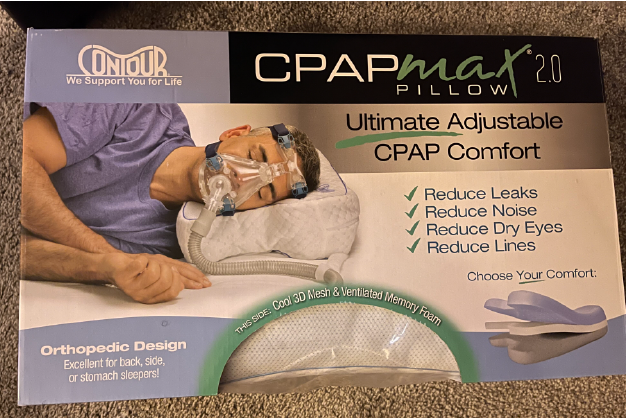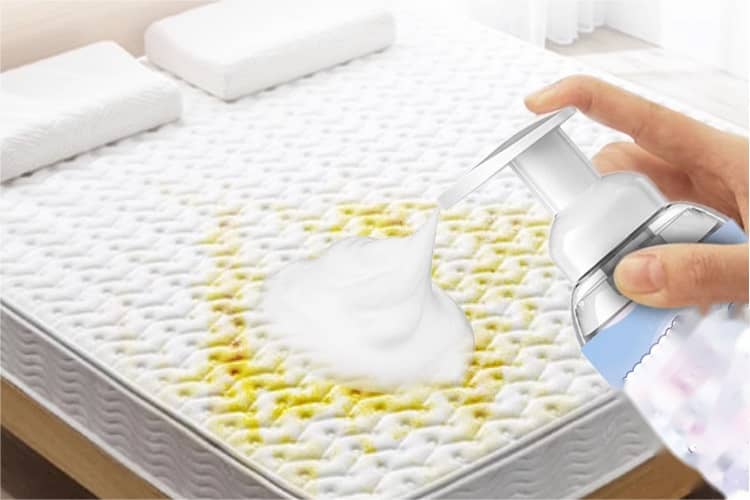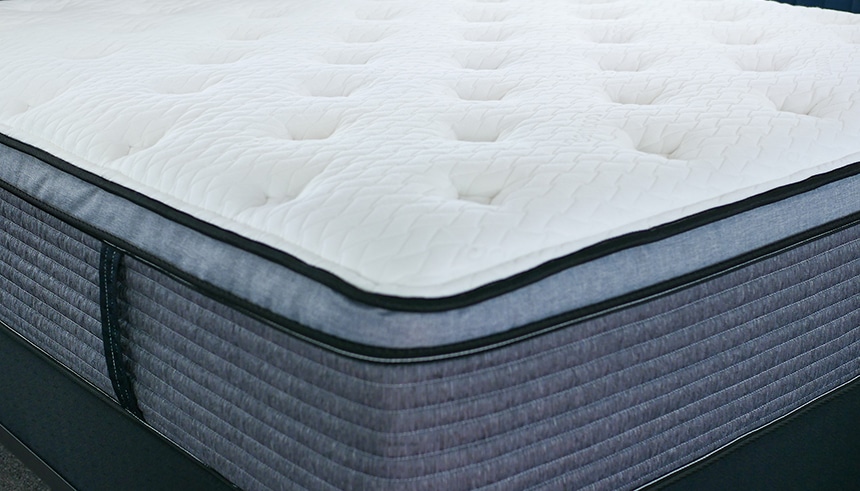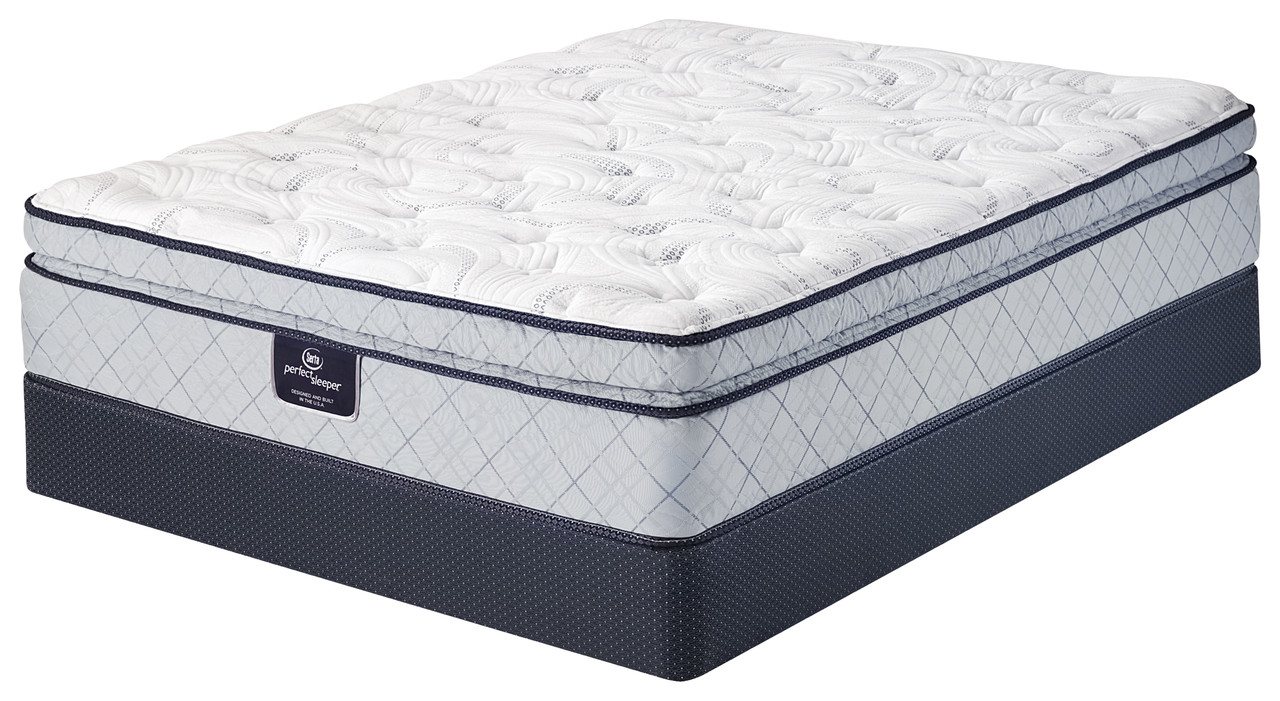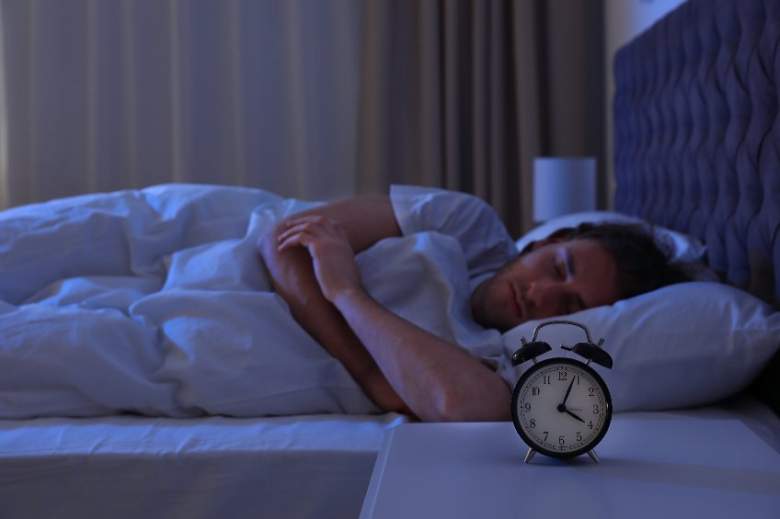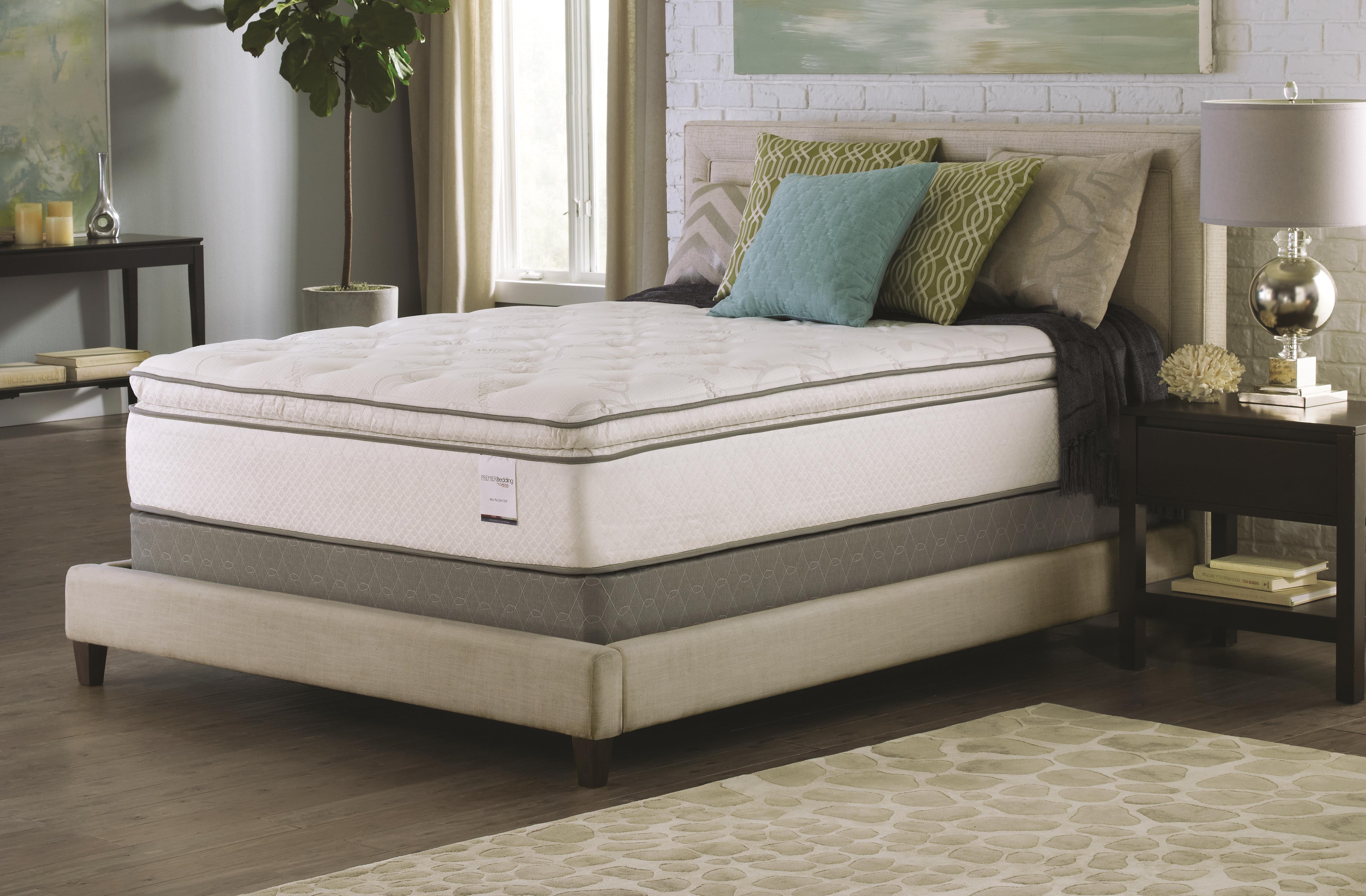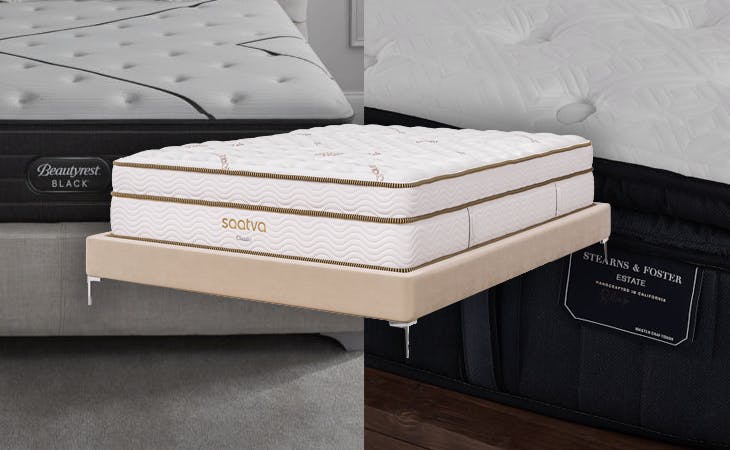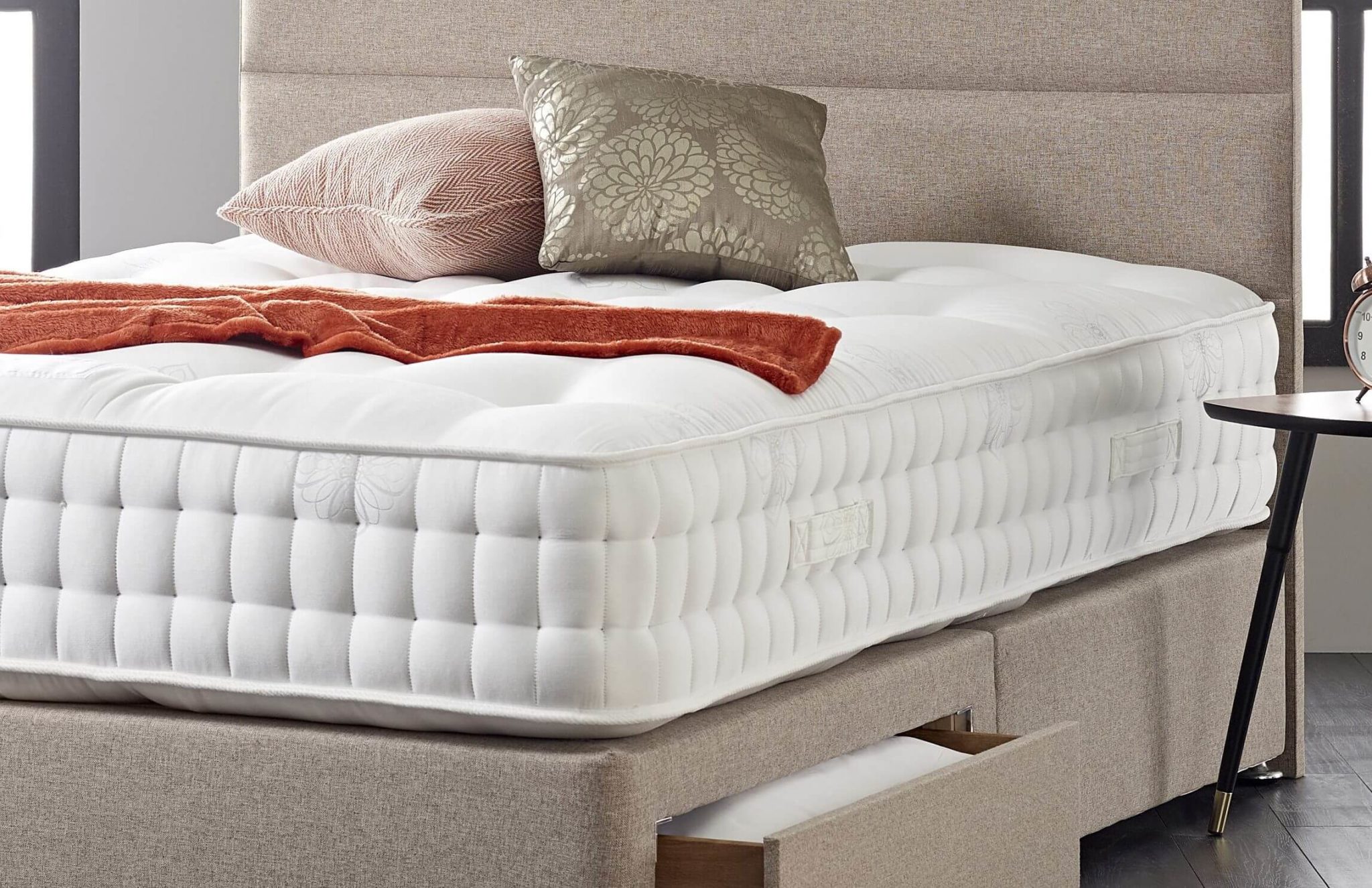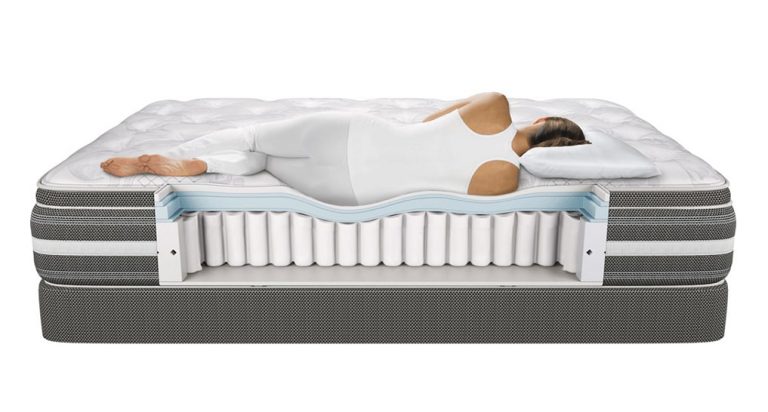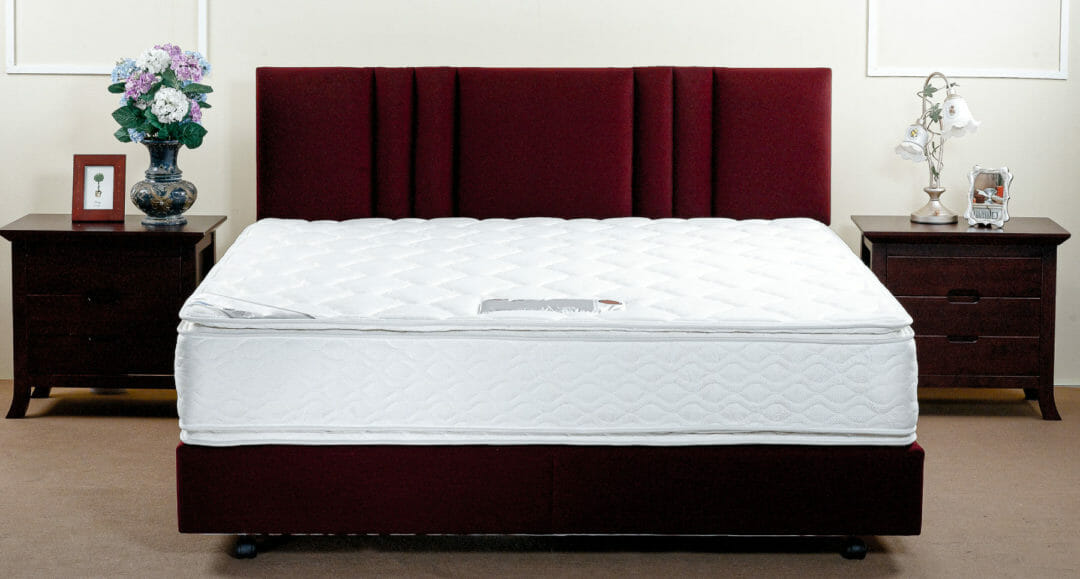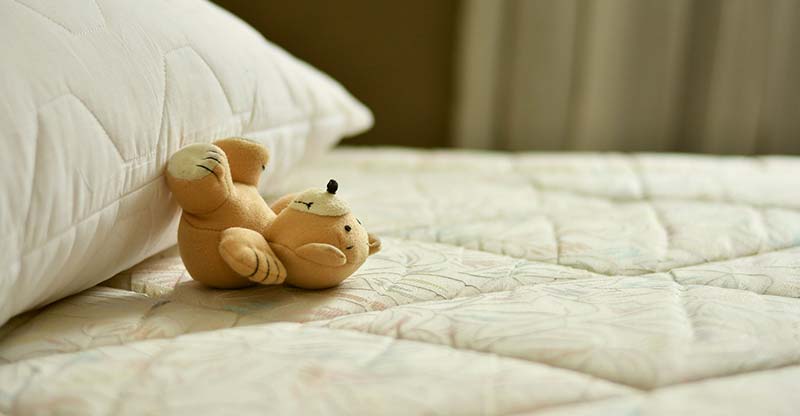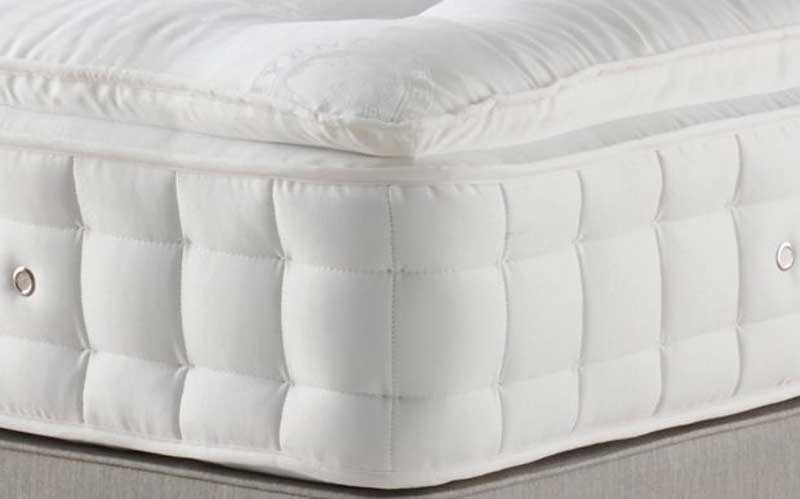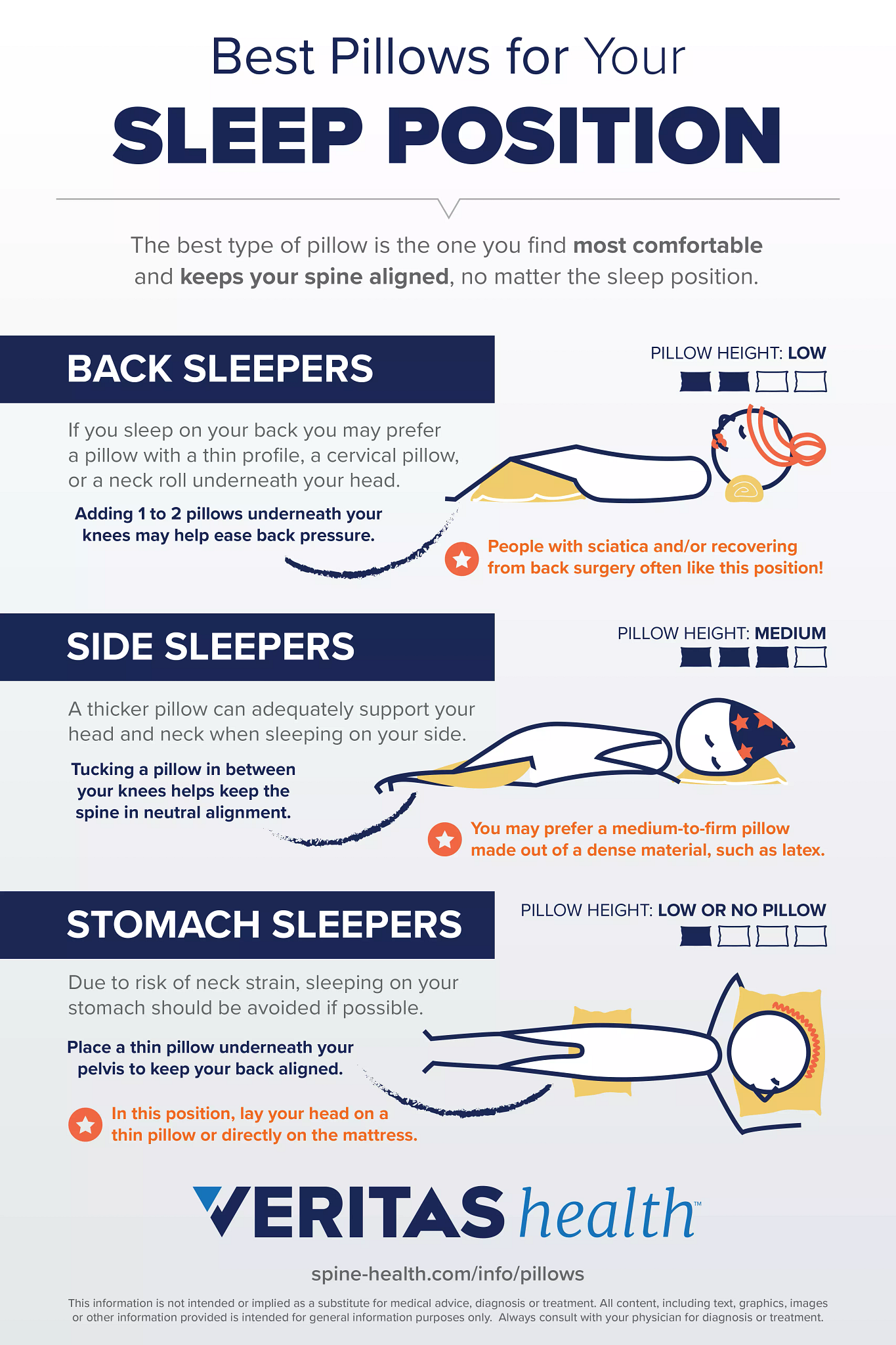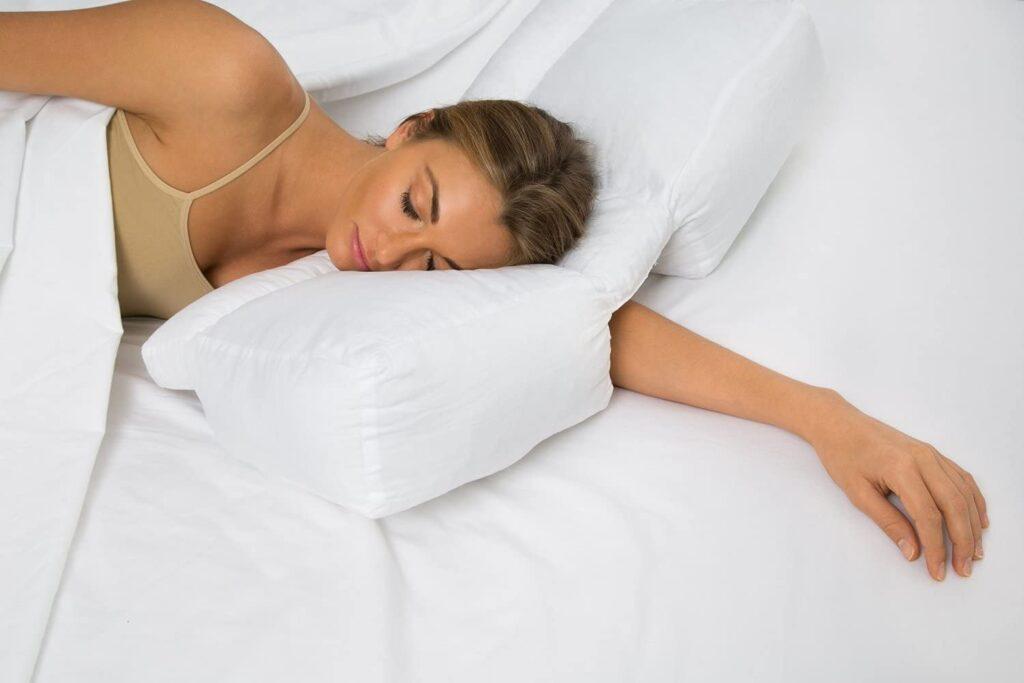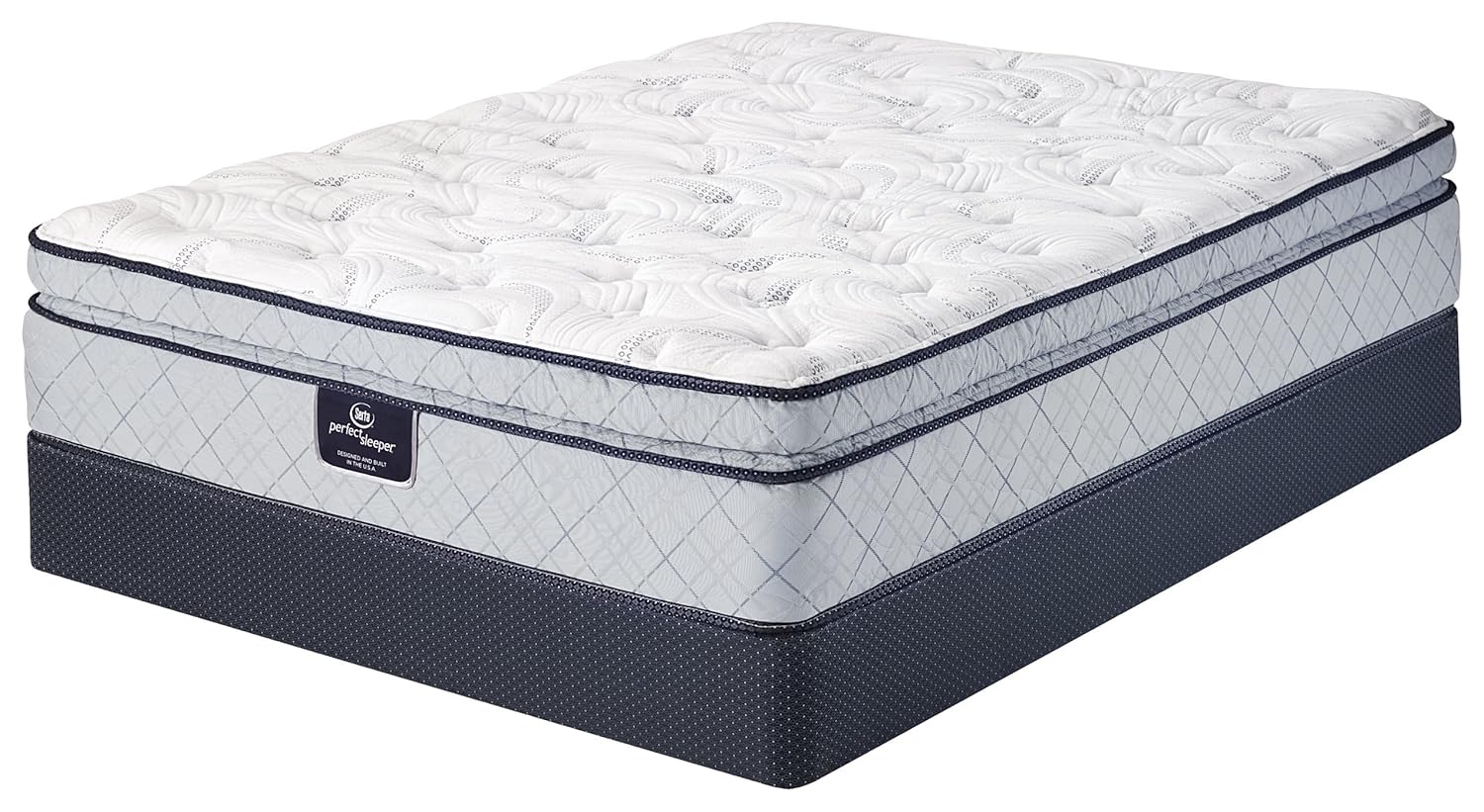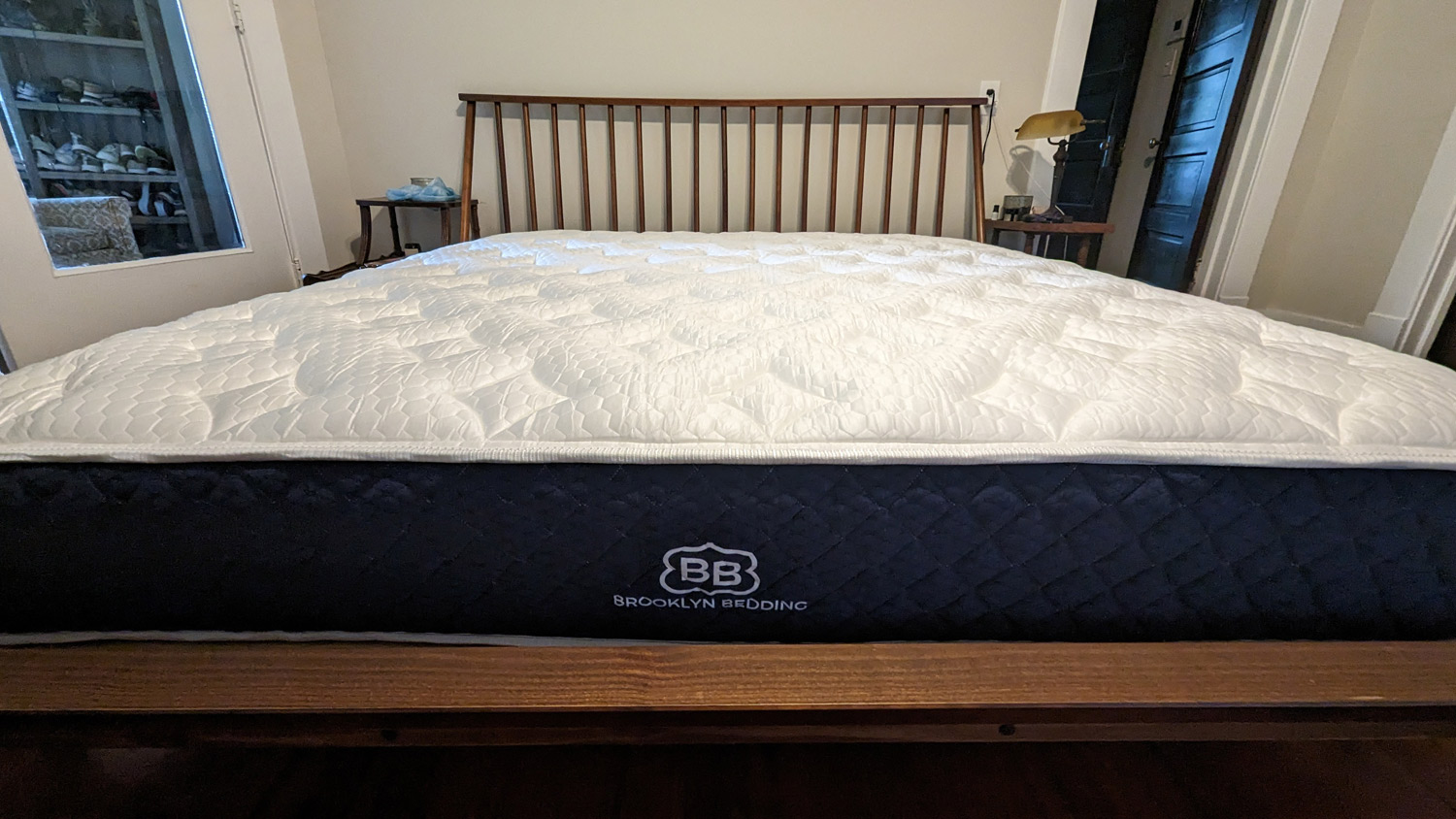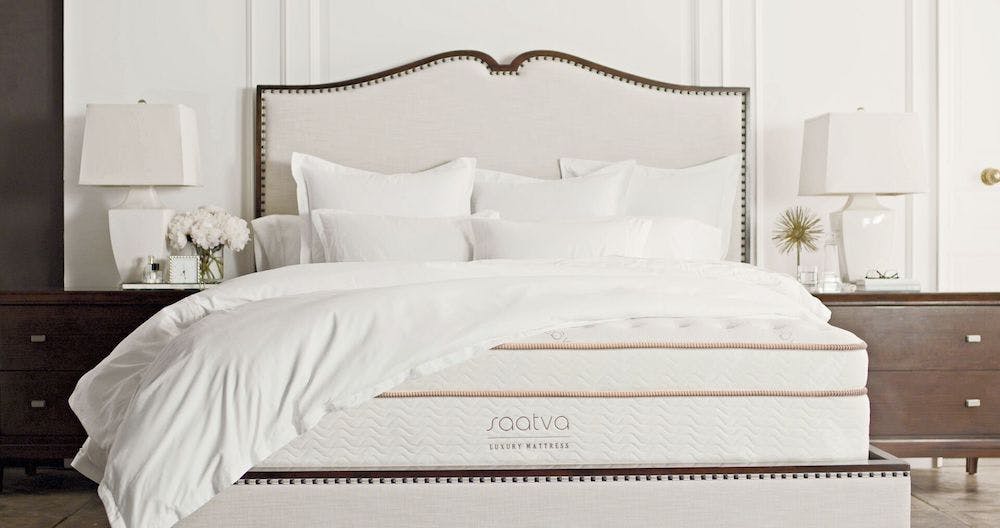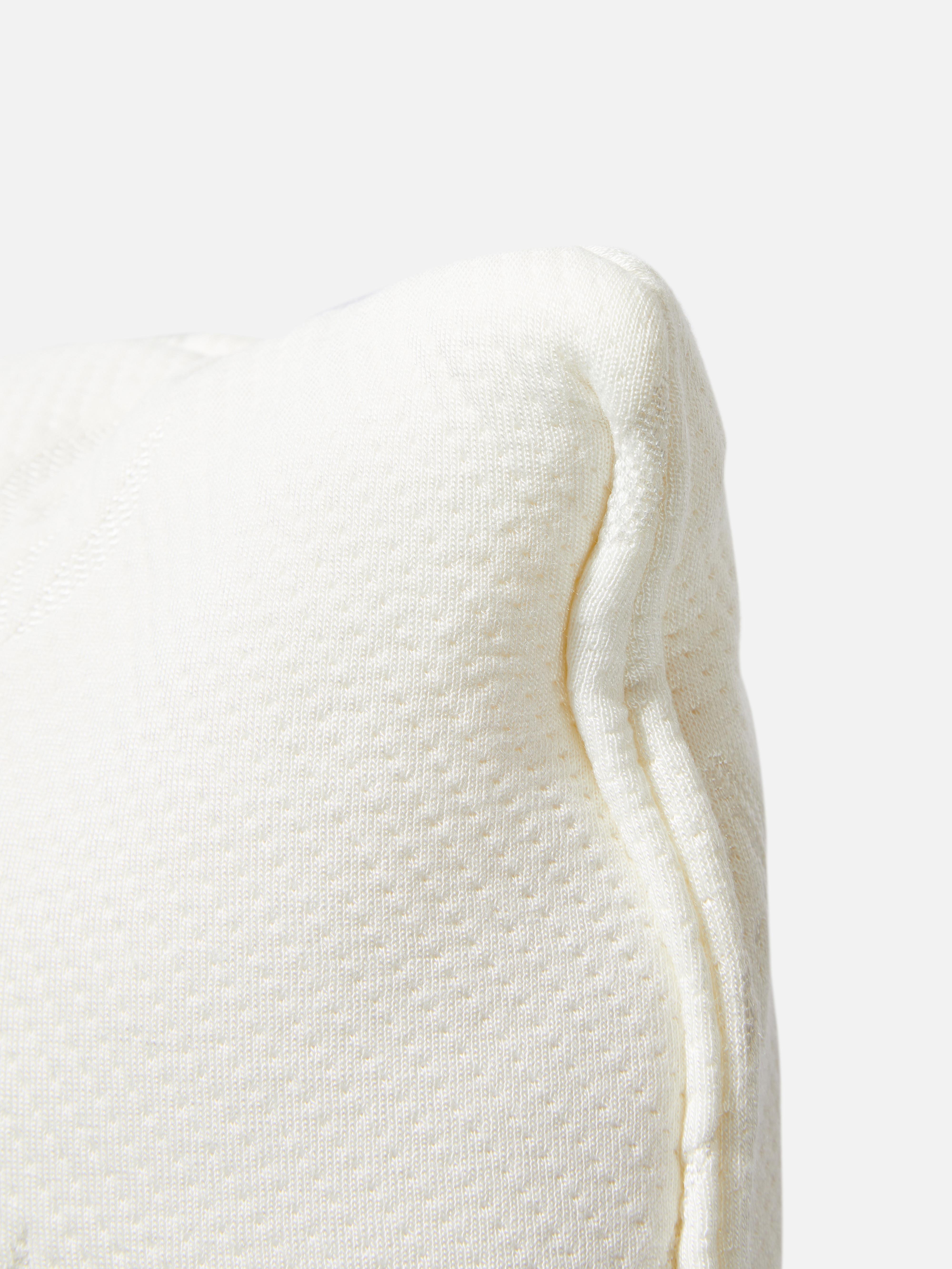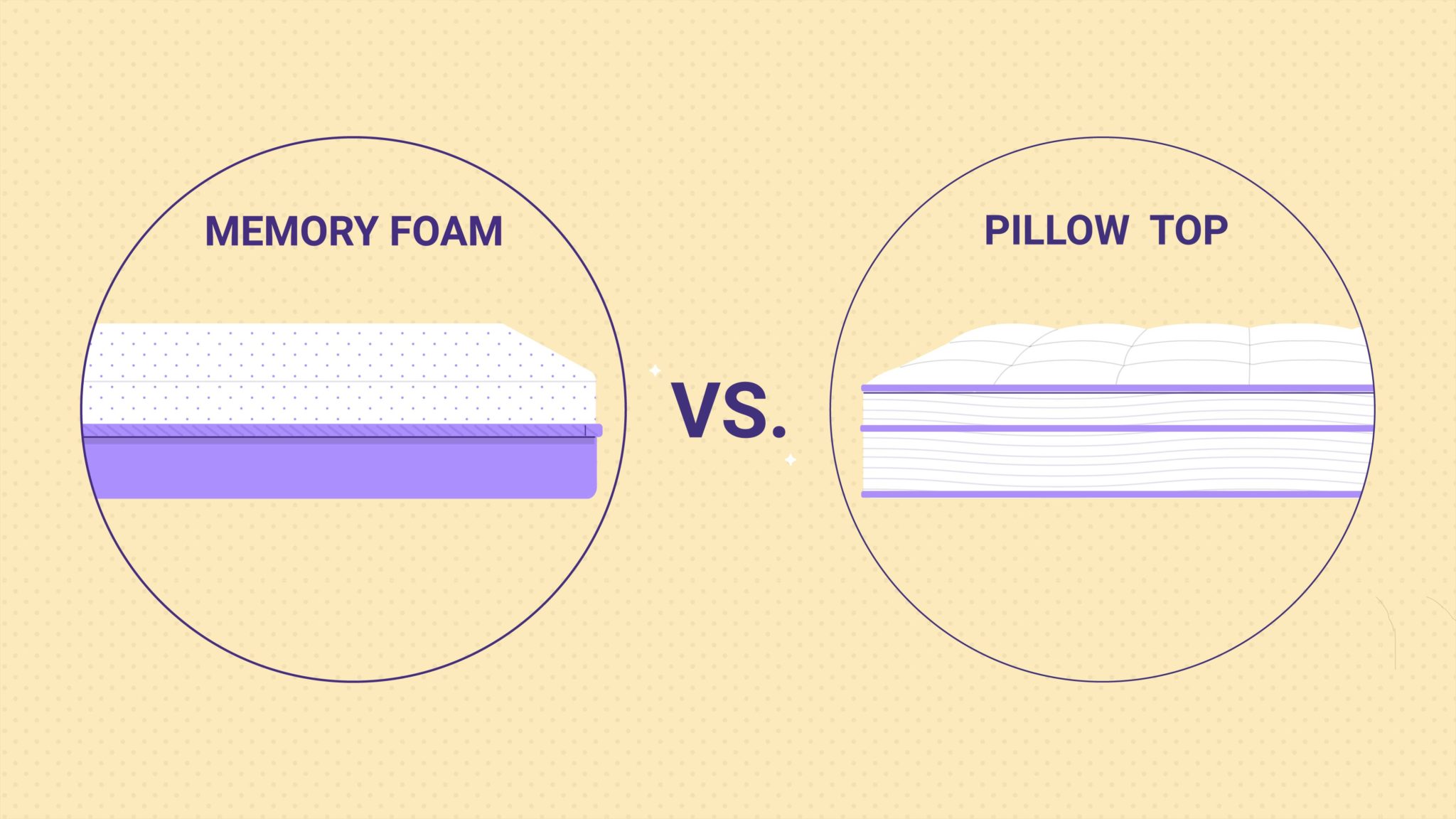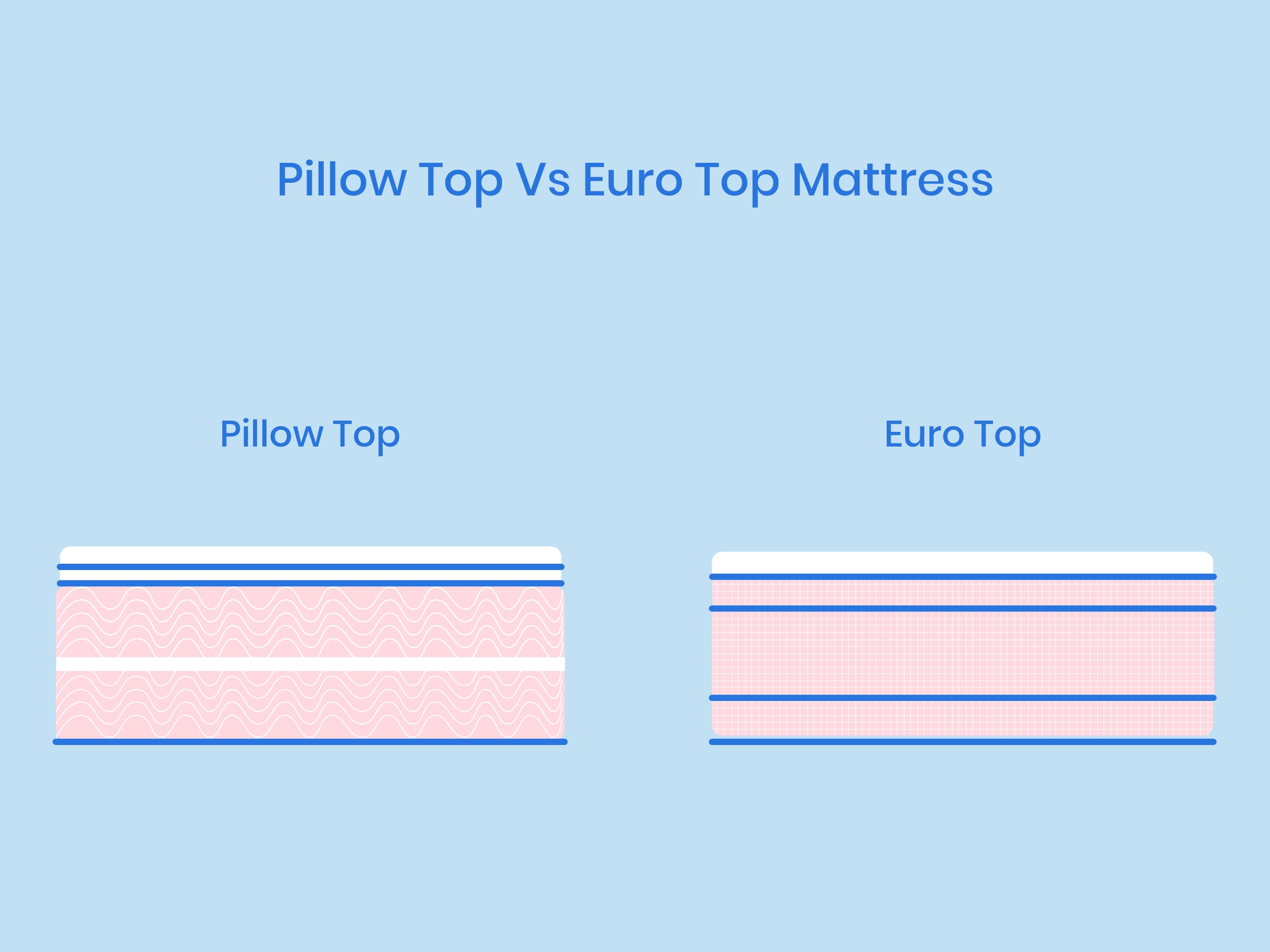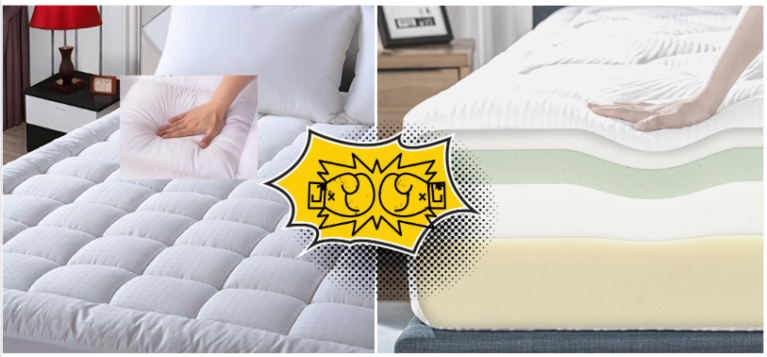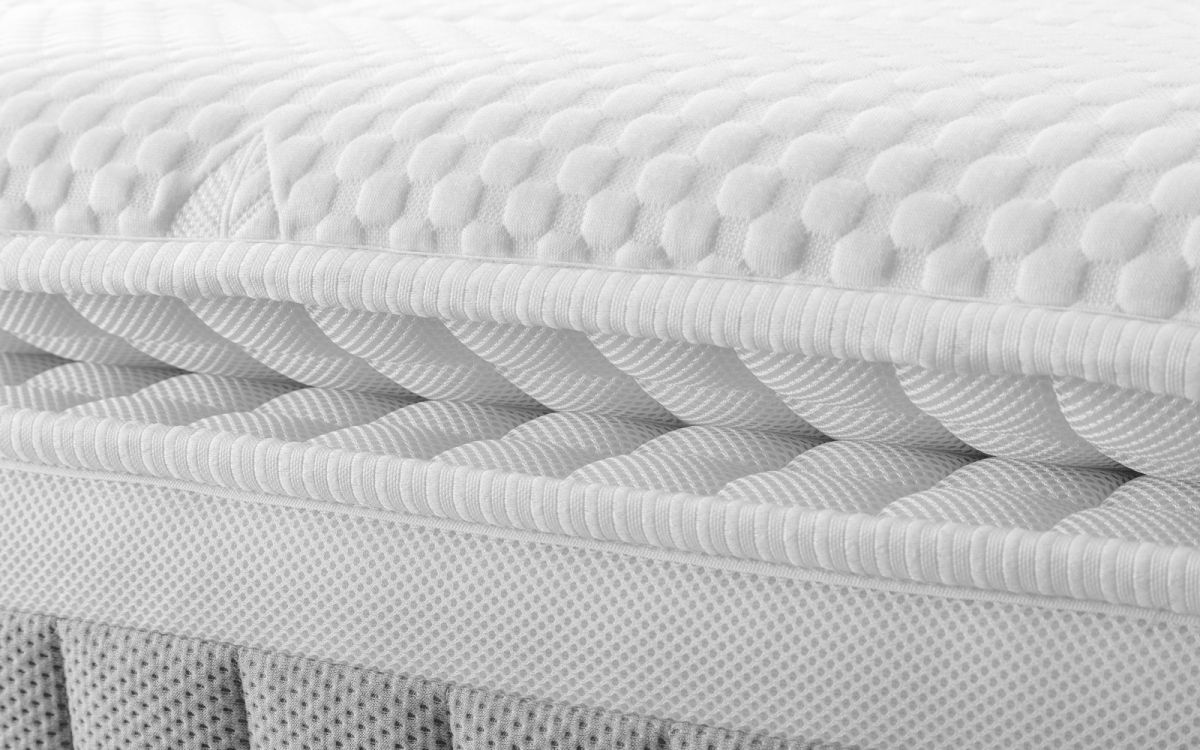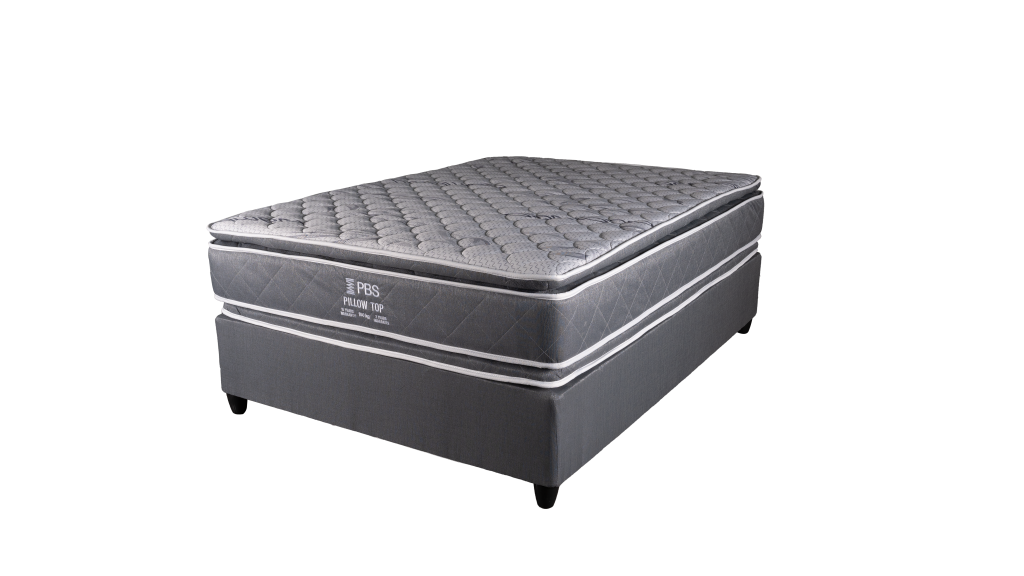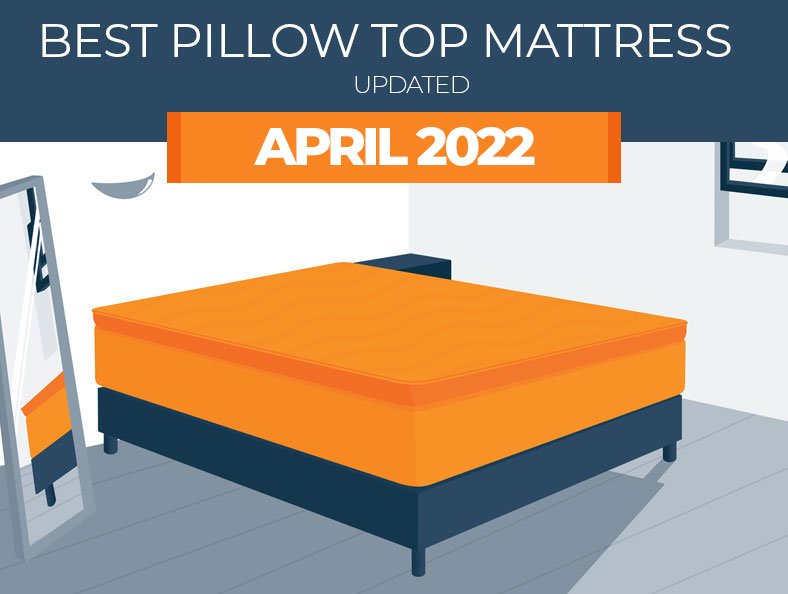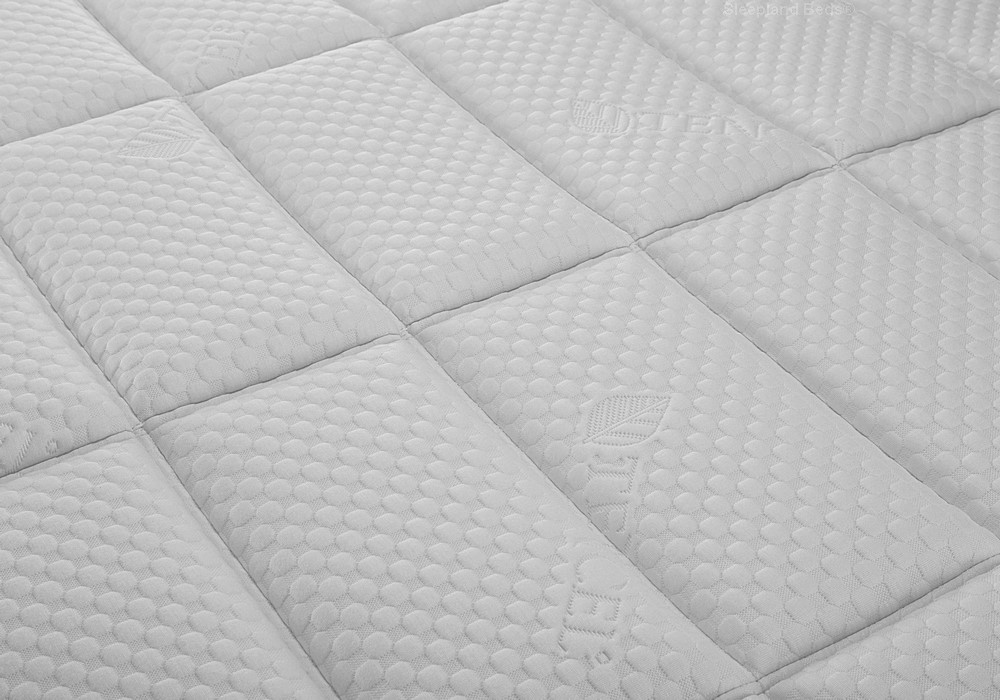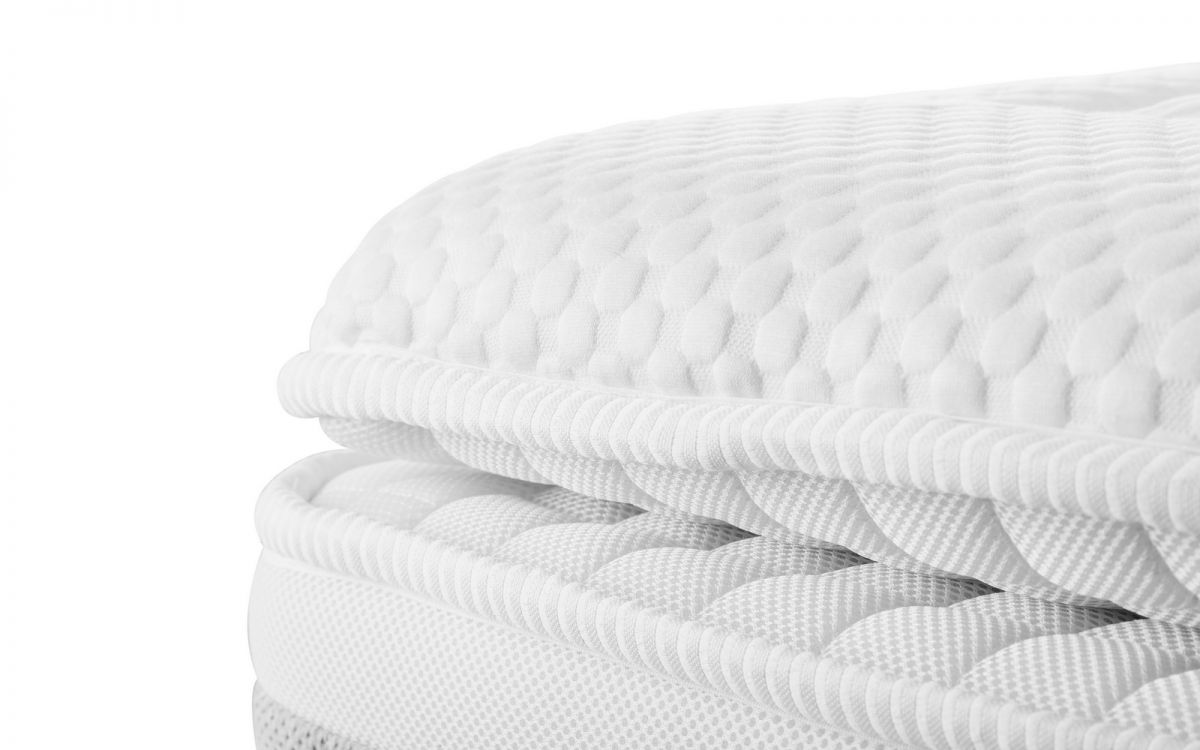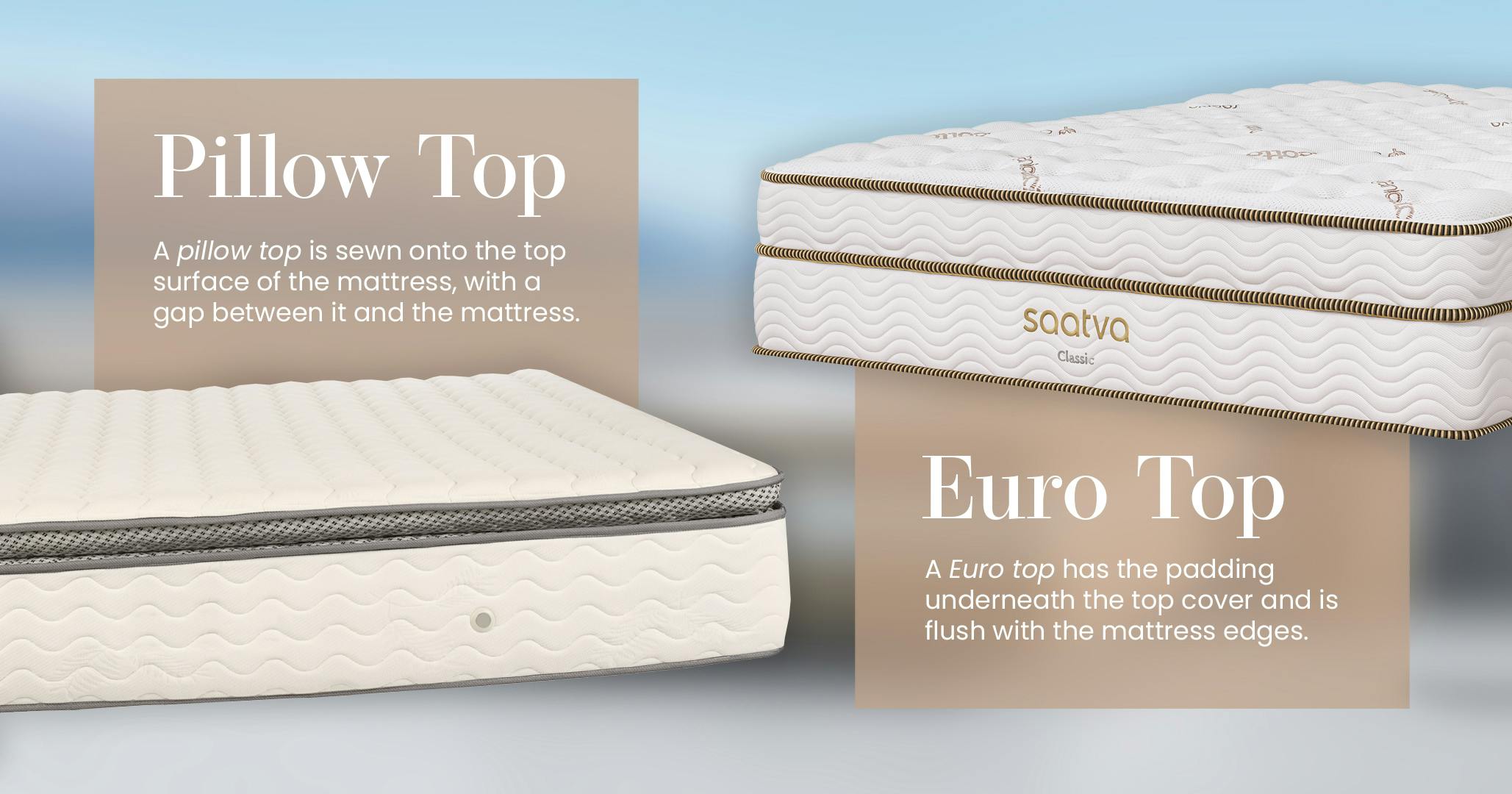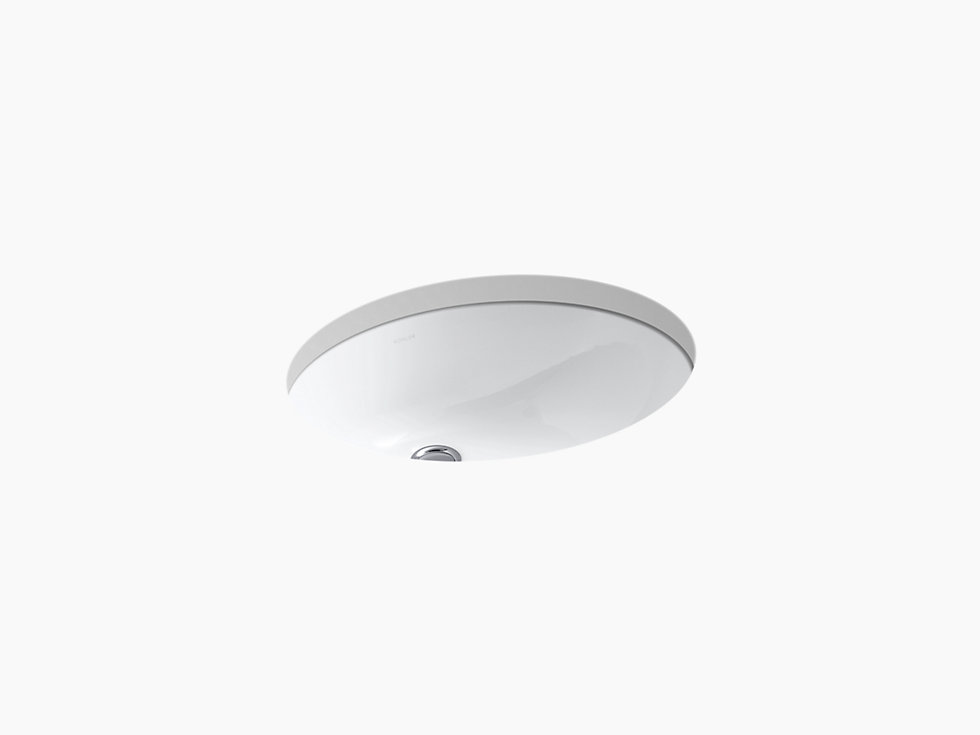If you're in the market for a new mattress, chances are you've come across pillow top mattresses. These are mattresses with a layer of soft padding sewn onto the top, providing an extra layer of cushioning for added comfort. But like with any product, there are both pros and cons to consider before making a purchase. Pros: One of the biggest advantages of pillow top mattresses is their comfort. The added layer of padding creates a plush, soft surface that can be especially beneficial for side sleepers or those with pressure point issues. Additionally, pillow top mattresses often have good motion isolation, meaning you're less likely to feel your partner's movements during the night. Cons: On the downside, pillow top mattresses can be quite expensive compared to traditional mattresses. And because the top layer is sewn on, it cannot be removed or replaced, meaning the entire mattress will need to be replaced if the pillow top becomes worn or damaged. Also, some people may find that the added softness does not provide enough support for their back, leading to discomfort and back pain.1. Pros and Cons of Pillow Top Mattresses
One of the biggest concerns when it comes to mattresses is their effect on our back health. After all, we spend a third of our lives sleeping, and the right mattress can make a big difference in how we feel during the day. So, are pillow top mattresses good for your back? The truth: The answer is not a simple yes or no. It really depends on your individual needs and preferences. For those who prefer a softer, more cushioned surface, a pillow top mattress can provide good support for the lower back. However, for those who need more support, such as individuals with back pain or heavier individuals, a firmer mattress may be a better option. Tips: If you're considering a pillow top mattress, make sure to test it out in person and pay attention to how your back feels in different positions. Also, consider the overall support and firmness of the mattress, as well as your own body weight and sleeping habits.2. Are Pillow Top Mattresses Good for Your Back?
There are many misconceptions and myths surrounding pillow top mattresses. Let's take a look at the truth behind some of the most common ones. Myth #1: Pillow top mattresses are only for people who like a soft bed. Truth: While pillow top mattresses are known for their softness, they come in a range of firmness levels. It's important to try out different options and find the one that provides the right balance of comfort and support for your needs. Myth #2: Pillow top mattresses are not durable. Truth: It's true that the top layer of padding on a pillow top mattress may wear out faster than the rest of the mattress. However, this can be avoided by regularly rotating the mattress and using a mattress protector. Many pillow top mattresses also come with warranties that cover the top layer for a certain period of time. Myth #3: Pillow top mattresses are not good for hot sleepers. Truth: While it's true that the added layer of padding may trap more body heat, many manufacturers now use cooling materials such as gel foam or breathable fabrics to combat this issue. It's important to do your research and look for a pillow top mattress with cooling features if you tend to sleep hot.3. The Truth About Pillow Top Mattresses
Ultimately, the question of whether a pillow top mattress is good or bad for your sleep comes down to personal preference and needs. However, there are some factors to consider that may affect your overall sleep quality. Good for: People who prefer a softer, more cushioned surface to sleep on. This can be especially beneficial for side sleepers or individuals with pressure point issues. Bad for: People who need more support for their back or have back pain. Also, people who tend to sleep hot may not find a pillow top mattress to be the best choice. Considerations: When choosing a pillow top mattress, it's important to pay attention to the overall support and firmness of the mattress, as well as your own body weight and sleeping habits. Don't be afraid to try out different options and ask for recommendations from the salesperson or your doctor.4. Pillow Top Mattresses: Good or Bad for Your Sleep?
With so many options on the market, it can be overwhelming to choose the best pillow top mattress for your needs. Here are some tips to help you make the right decision. 1. Consider your sleeping position: Side sleepers often prefer a softer mattress, while back and stomach sleepers may need more support. Take note of your preferred sleeping position and choose a mattress accordingly. 2. Test it out in person: It's important to lay on the mattress and try different positions to see how it feels. Don't be shy about spending some time in the store testing out different options. 3. Look for cooling features: If you tend to sleep hot, look for a pillow top mattress with cooling materials or breathable fabrics. 4. Consider your budget: Pillow top mattresses can be quite expensive, so it's important to have a budget in mind and stick to it. Remember that a higher price does not always mean a better mattress. 5. Read reviews: Take the time to read reviews from other customers to get an idea of the overall quality and comfort of the mattress you're considering.5. How to Choose the Best Pillow Top Mattress for You
Despite some potential downsides, there are many benefits to sleeping on a pillow top mattress. 1. Improved comfort: The added layer of padding can make a significant difference in the comfort level of your mattress, providing a plush, soft surface to sleep on. 2. Good motion isolation: With the extra layer of padding, pillow top mattresses are often better at absorbing movement, making them a good choice for couples who share a bed. 3. Can help with pain relief: For individuals with pressure point issues or back pain, a pillow top mattress can provide the right amount of cushioning and support to alleviate discomfort and improve sleep quality.6. The Benefits of Sleeping on a Pillow Top Mattress
While there are certainly benefits to sleeping on a pillow top mattress, there are also some downsides to consider. 1. Cost: Pillow top mattresses can be quite expensive compared to traditional mattresses, and they may also require additional expenses for proper care and maintenance. 2. Durability: The top layer of padding on a pillow top mattress may wear out faster than the rest of the mattress, leading to the need for a replacement sooner than expected. 3. May not be suitable for everyone: As mentioned before, pillow top mattresses may not provide enough support for people with back pain or those who need a firmer surface to sleep on.7. The Downside of Pillow Top Mattresses
Another popular type of mattress is memory foam, which molds to the shape of your body for added comfort and support. So, how do pillow top mattresses compare to memory foam mattresses? Pillow top mattresses: These are often chosen for their added softness and comfort, but may not provide enough support for some individuals. Memory foam mattresses: These are known for their contouring abilities and can be a good choice for people with pain or pressure point issues. However, they may not provide enough breathability and can sleep hot for some individuals. The verdict: Ultimately, it comes down to personal preference and needs. Both types of mattresses have their own benefits and drawbacks, so it's important to consider your individual sleeping habits and preferences before making a decision.8. Pillow Top vs. Memory Foam: Which is Better?
In order to prolong the lifespan of your pillow top mattress and keep it in good condition, it's important to properly care for it. 1. Use a mattress protector: A mattress protector can help prevent stains and spills from seeping into the mattress and damaging the padding. 2. Regularly rotate the mattress: This can help prevent uneven wear and tear and prolong the overall lifespan of the mattress. 3. Avoid jumping on the mattress: This can cause damage to the padding and decrease the overall comfort and support of the mattress. 4. Follow the manufacturer's instructions: Be sure to read and follow the care instructions provided by the manufacturer to ensure the best care for your specific mattress.9. How to Care for Your Pillow Top Mattress
One of the biggest points of contention when it comes to pillow top mattresses is whether they are worth the extra cost. Some argue that the added comfort and plushness make it worth the investment, while others believe that a traditional mattress can provide just as much support and comfort at a lower price. The bottom line: Like with most things, it ultimately comes down to personal preference and needs. If you value a softer, more cushioned surface to sleep on and have the budget for it, a pillow top mattress may be worth the extra cost. However, make sure to do your research and consider all factors before making a decision. In conclusion, pillow top mattresses have both pros and cons that should be carefully considered before making a purchase. It's important to keep in mind your own sleeping habits and needs, as well as factors such as price and durability, to find the best pillow top mattress for you. With proper care and maintenance, a pillow top mattress can provide a comfortable and supportive sleep surface for years to come.10. The Debate: Are Pillow Top Mattresses Worth the Extra Cost?
The Pros and Cons of Pillow Top Mattresses
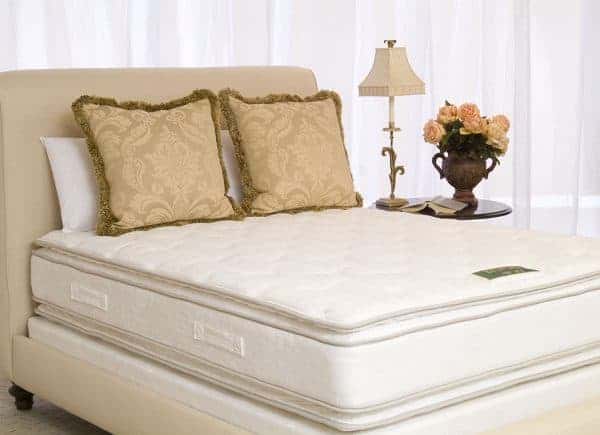
The Good
/GettyImages-97559899-506839adca25492885519d730f807ded.jpg) One of the main benefits of a pillow top mattress is the added comfort and cushioning it provides. The extra layer of padding on top of the mattress can make it feel softer and more luxurious, providing a cloud-like feeling when you lie down. This can be especially beneficial for those who suffer from back or joint pain, as the added cushioning can help alleviate pressure points and provide better support.
In addition to comfort, pillow top mattresses also tend to be more durable than traditional mattresses. The extra layer of padding can help protect the inner springs or foam from wear and tear, extending the lifespan of the mattress. This can save you money in the long run as you won't have to replace your mattress as often.
Another advantage of pillow top mattresses is their ability to conform to your body's shape. This can provide personalized support and help with proper spinal alignment, leading to a better night's sleep. The added cushioning can also help reduce motion transfer, making it a great option for couples who may have different sleeping styles.
One of the main benefits of a pillow top mattress is the added comfort and cushioning it provides. The extra layer of padding on top of the mattress can make it feel softer and more luxurious, providing a cloud-like feeling when you lie down. This can be especially beneficial for those who suffer from back or joint pain, as the added cushioning can help alleviate pressure points and provide better support.
In addition to comfort, pillow top mattresses also tend to be more durable than traditional mattresses. The extra layer of padding can help protect the inner springs or foam from wear and tear, extending the lifespan of the mattress. This can save you money in the long run as you won't have to replace your mattress as often.
Another advantage of pillow top mattresses is their ability to conform to your body's shape. This can provide personalized support and help with proper spinal alignment, leading to a better night's sleep. The added cushioning can also help reduce motion transfer, making it a great option for couples who may have different sleeping styles.
The Bad
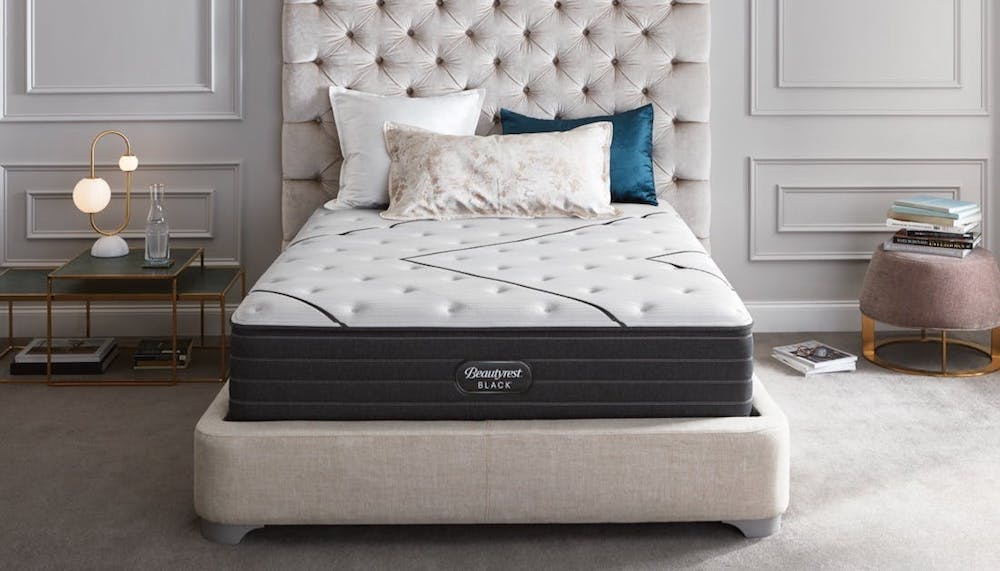 While pillow top mattresses have many benefits, there are also some downsides to consider. One of the main drawbacks is that they tend to be more expensive than traditional mattresses. The extra layer of padding and materials used can drive up the cost, making it a less budget-friendly option.
Another potential issue with pillow top mattresses is their tendency to trap heat. The added padding can restrict airflow, causing the mattress to retain heat and make you feel hot and uncomfortable during the night. This can be especially problematic for those who are prone to night sweats or live in warmer climates.
Lastly, pillow top mattresses may not be suitable for everyone. While they can provide extra cushioning and support, they may not be ideal for those who prefer a firmer sleeping surface. The added softness can make it difficult for some people to get in and out of bed, and may not provide enough support for those with certain medical conditions.
In conclusion
, pillow top mattresses can be a great option for those looking for added comfort and durability. However, it's important to weigh the pros and cons and consider your personal preferences before making a decision. With proper care and maintenance, a good quality pillow top mattress can provide a cozy and supportive sleeping experience for years to come.
While pillow top mattresses have many benefits, there are also some downsides to consider. One of the main drawbacks is that they tend to be more expensive than traditional mattresses. The extra layer of padding and materials used can drive up the cost, making it a less budget-friendly option.
Another potential issue with pillow top mattresses is their tendency to trap heat. The added padding can restrict airflow, causing the mattress to retain heat and make you feel hot and uncomfortable during the night. This can be especially problematic for those who are prone to night sweats or live in warmer climates.
Lastly, pillow top mattresses may not be suitable for everyone. While they can provide extra cushioning and support, they may not be ideal for those who prefer a firmer sleeping surface. The added softness can make it difficult for some people to get in and out of bed, and may not provide enough support for those with certain medical conditions.
In conclusion
, pillow top mattresses can be a great option for those looking for added comfort and durability. However, it's important to weigh the pros and cons and consider your personal preferences before making a decision. With proper care and maintenance, a good quality pillow top mattress can provide a cozy and supportive sleeping experience for years to come.







